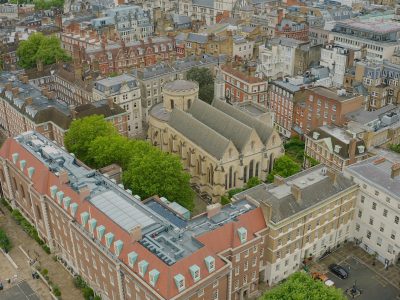
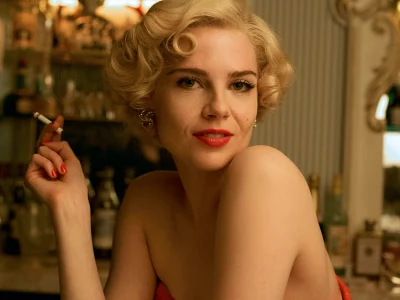
Murder (Abolition of the Death Penalty) Act 1965: 60 Years – Ruth Ellis
In this anniversary year of the abolition of the death penalty, the Sub-Treasurer recalls the case of Ruth Ellis, the last woman to be sentenced to death in the United Kingdom, seventy years ago on 13 July 1955.
A Cruel Love: The Ruth Ellis Story © Ian Johnson Publicity and ITV
As is well known, Ruth Ellis was the last woman to be sentenced to death and executed in the UK, her hanging taking place on 13 July 1955. A long-time nightclub hostess and manageress, and much abused by the men in her life, she shot dead her lover, David Blakely, outside the Magdala Pub in South Hill Park on 10 April 1955. She fired six shots from a revolver, four of which hit him.
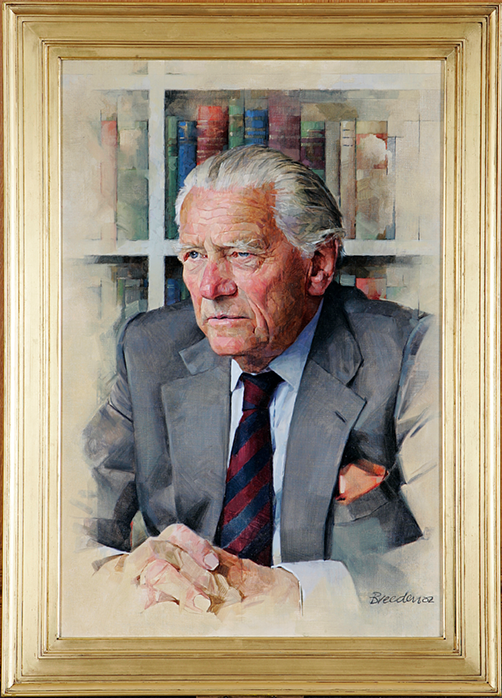
© The Inner Temple Collection

The Ruth Ellis Files: A Very British Crime Story was filmed partly at The Inner Temple by the BBC towards the end of 2017 and first shown on BBC Four in 2018. More recently the ITV drama A Cruel Love: The Ruth Ellis Story was also partly filmed at the Inn. However, the wider connection between her trial and The Inner Temple is less commonly known. The trial took place in Number One Court at the Old Bailey on 20 June 1955 before Mr Justice Havers (Sir Cecil Havers), who was Treasurer of The Inner Temple in 1971 and father of Master Elizabeth Butler-Sloss.
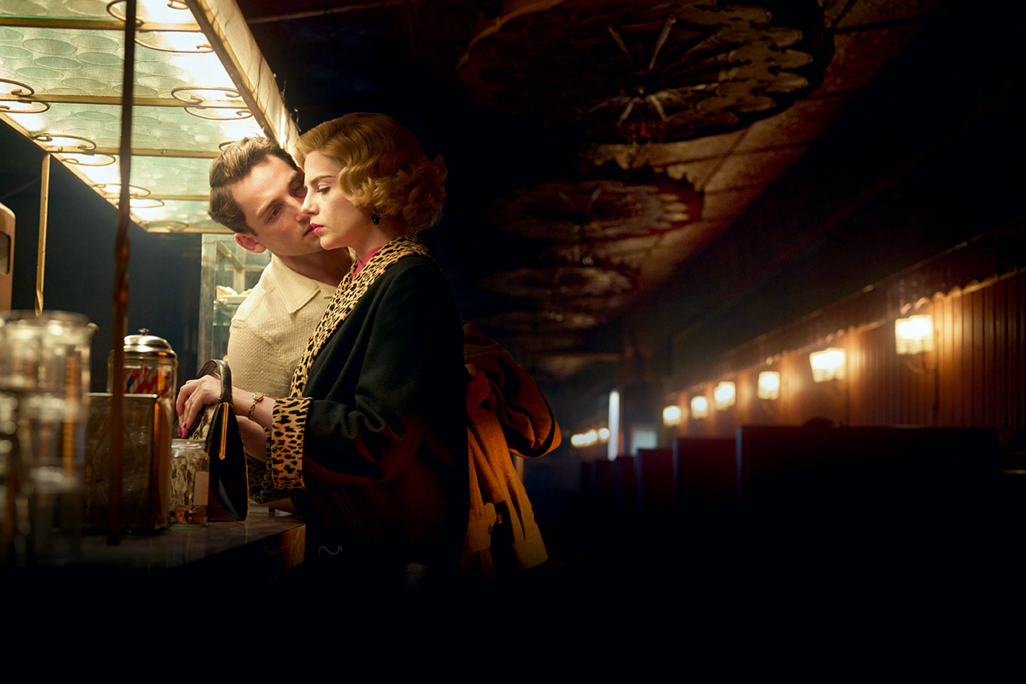
© Ian Johnson Publicity and ITV
Aubrey Melford Stevenson, Ellis’s counsel, led for the defence. Peter Rawlinson (whose portrait is in the Inn’s Drawing Room and who presented the Rawlinson Cup, which is awarded annually in a debating competition) was his Junior. Rawlinson got to know Ellis well through briefing her in the cells of Old Bailey each day. Both barristers expressed concern about the way in which she was strikingly dressed for the trial, with dyed blonde hair, but she did not wish to alter her appearance. The prosecution was led by Christmas Humphreys, founder of the British Buddhist Society. All of these barristers were Inner Templars, the first two being Treasurers of the Inn in 1972 and 1984, respectively. Humphreys’ junior was Mervyn Griffith-Jones, a Middle Templar and the father of the present Reverend and Valiant Master of the Temple, Master Robin Griffith-Jones.
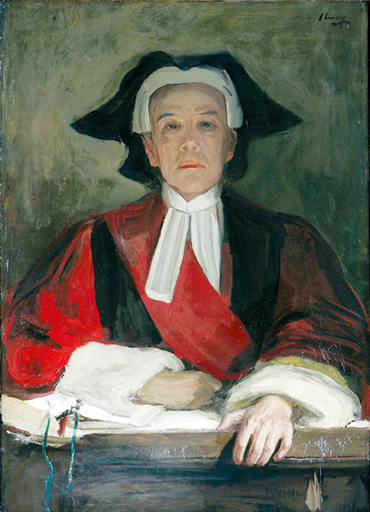
At the trial, Ellis freely admitted to shooting David Blakely. Christmas Humphreys (who was opposed to the death penalty in principle as a Buddhist) then asked her only one question in cross-examination, “When you fired the revolver at close range into the body of David Blakely, what did you intend to do?” to which she replied, “It’s obvious, when I shot him I intended to kill him.” On the law as it then was, she had no defence. So, he sat down. The jury took 20 minutes to convict her, and the unanimous guilty verdict led to what was then a mandatory death sentence.
The jury took 20 minutes to convict her, and the unanimous guilty verdict led to what was then a mandatory death sentence.
In a television interview in 2010, the judge’s grandson, actor Nigel Havers, revealed that his grandfather had written to the then-Home Secretary Gwilym Lloyd George recommending a reprieve for Ellis, as he regarded the shooting as a crime of passion. Lloyd George sent a curt refusal and refused to allow any further enquiries. Sir Cecil Havers subsequently sent money annually for the upkeep of Ellis’s son, Andy. The latter committed suicide in 1982, and Humphreys paid for his funeral. There have been subsequent attempts, so far unsuccessful, to obtain a posthumous pardon for Ellis.
Greg Dorey CVO
Sub-Treasurer
